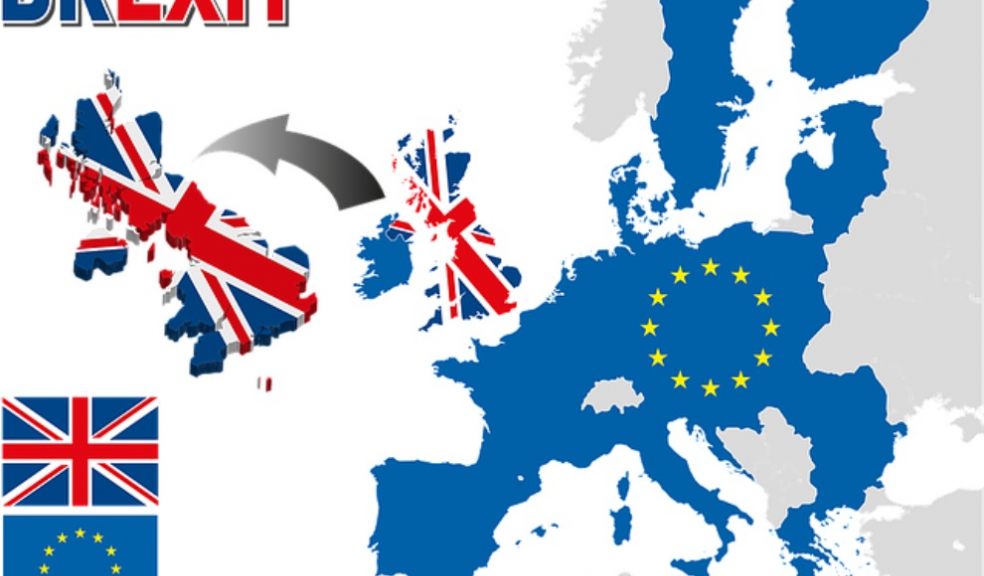
Prospects for post-Brexit trade deals
The long and bitter political battle over Brexit, which brought us two general elections, three prime ministers and a three-and-a-half-year deadlock in parliament, appears to be over. With Boris Johnson, the prime minister, set to push his Brexit deal through parliament by the end of January, debate has now shifted to the trade deals that the government will need to thrash out over the next few months.
Whether you’re a Brexiter or a Remainer, all sides in the debate have long acknowledged that withdrawing from a trade bloc as big as the EU will create significant economic turmoil. It will also require the UK government to strike individual trade deals around the world.
The first and most pressing trade item on the agenda will be getting a deal with the European Union. According to Johnson’s plan, this should be concluded by the end of 2020. That is regarded as an optimistic aim, and there remains the possibility that the UK could end up with a no-deal Brexit and a good deal of resultant economic chaos. Understandably, getting a deal with the EU will be the main focus for the UK government over the next 12 months.
But beyond the EU, there are other deals to be had. Across the Atlantic and in the developing world, the UK will be looking to make trade arrangements with the global economy’s biggest players.
The US will be a key focus for UK trade ministers. The history of trade deals with the US suggests that striking a deal could be a prolonged process, measured in years rather than months. But there is cause for optimism that such a deal could be done relatively quickly – Donald Trump, the US president, has indicated that he is keen to work with the UK to reach agreement, and the two nations already share deep ties in key areas such as military cooperation and intelligence sharing.
A number of Republican senators have already indicated that they will be willing to move quickly on a UK trade deal, which will be good news for Johnson and his team. There are good reasons for the US to want a deal. The UK is the world’s fifth-largest economy and is the leading trading partner of the US in terms of financial services, so a trans-Atlantic deal is in both nations’ interests.
That doesn’t mean, however, that there won’t be areas of disagreement to resolve. The US will want the UK to offer concessions in several areas. They are keen for the UK to drop some of the EU food standards that have made it harder for US farmers and food producers to do business in Europe. They may also want the UK government to move on drug prices, allowing US pharmaceutical firms to raise their prices to the NHS. Both of these are likely to be tricky areas for Johnson as they will be hard to sell to the UK public, particularly any concessions that affect the provision of health services.
The US will also be concerned about the details of any UK-China deal. This will require careful handling by Johnson and his trade team, as an agreement with China, still the largest economy in the growing world, will also be a post-Brexit priority.
Any Chinese-UK deal would require the resolution of a number of areas of contention, including Chinese drug registration and access to the Chinese financial services market. Financial services remain the most significant part of the UK economy and China has one of the world’s largest markets in this sector. Currently, the services market in China is heavily protected, but it could be in the interests of both countries to reach an agreement.
The prospects of a deal remain reasonable. Theresa May, the previous UK prime minister, was keen to involve the Chinese technology firm Huawei in the UK’s new 5G network, indicating a willingness to be open to Chinese investment. It is also important to note that the UK historically has been one of the most pro-China forces within Europe, playing a role in shaping the EU approach to trade with China, while maintaining strong links.
Given their good relationship with both China and the US, the UK could even be in a position to help bring about improvement in the US-China trade and financial relationship, to the benefit of all parties involved. So, while the post-Brexit world will be challenging for the UK, the hope is that Johnson and his team will be able to strike deals with both the US and China, which will help to minimise the economic impact of any Brexit-related upheaval.




















